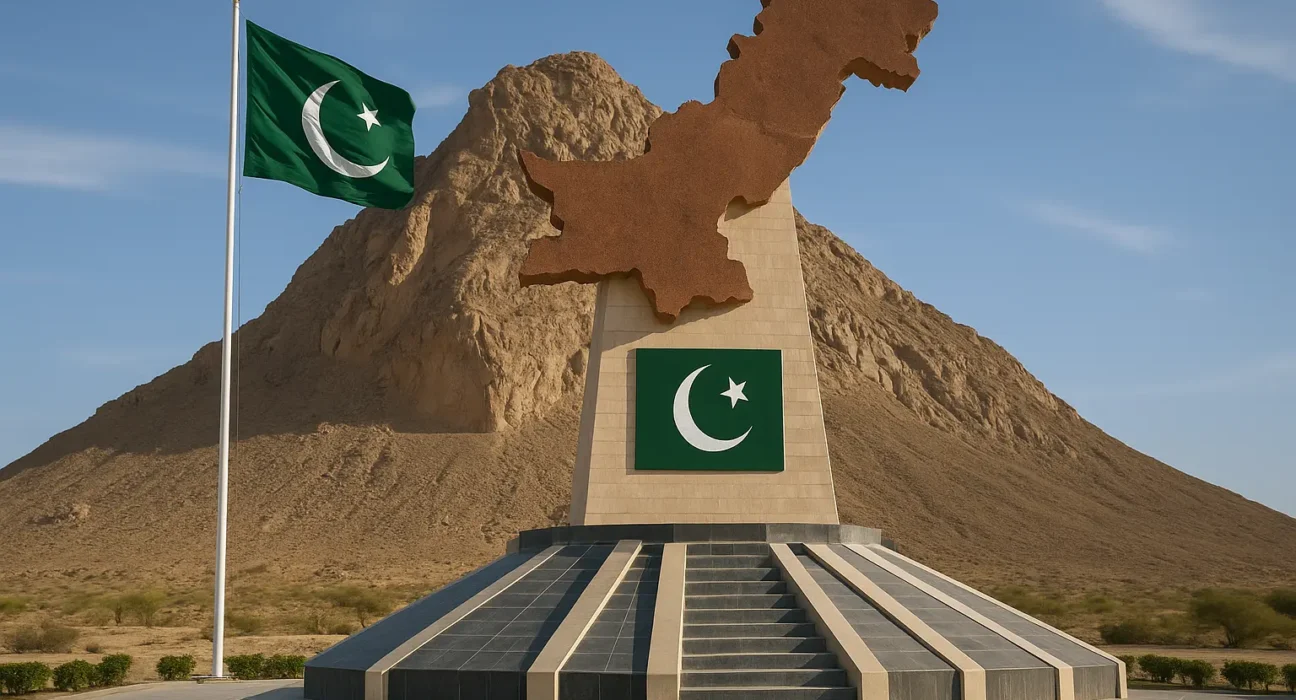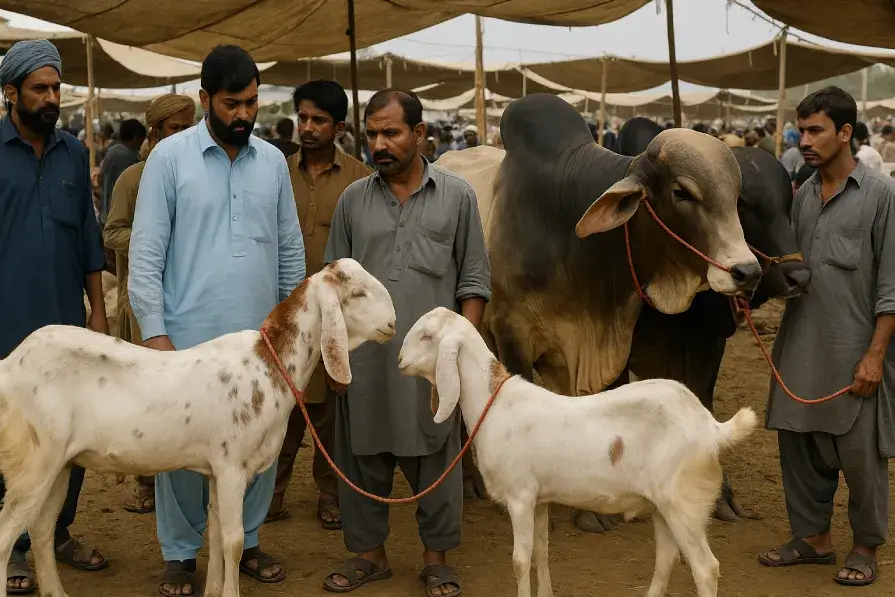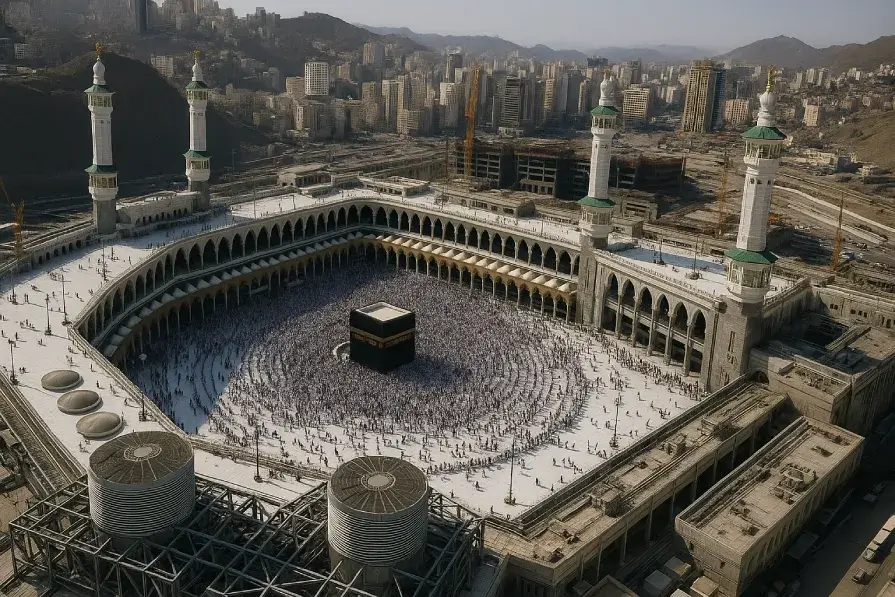Youm-e-Takbeer 2025: Celebrating 27 Years of Pakistan’s Nuclear Power

Youm-e-Takbeer, celebrated on May 28, 2025, has become a cherished day of national honor and significant strategic meaning for Pakistan. On May 28th, 1998, Pakistan, the first Islamic country, became a nuclear power when it successfully conducted a series of atomic tests in South Asia.
Then Prime Minister Nawaz Sharif personally ordered the tests to take place in the Chaghi Hills of Balochistan. India tested its nuclear weapons earlier in the month, so Pakistan showed its ability and willingness to maintain nuclear parity in the region through its test.
Historical Significance of May 28, 1998
There was maximum secrecy and high pressure surrounding the five Chaghi-I nuclear tests. Preparations by the scientists and defence teams had taken many years. After the tests were completed, they gave a straightforward signal to everyone: Pakistan would protect its sovereignty and national security.
What the tests proved was that Pakistan has an effective nuclear response, now seen as the centerpiece of its defense approach. When the mountains in Chaghi turned white after the blast, it displayed both military power and became a milestone for uniting all corners of the nation.
Learn More: AccuFix Launches Free AI-Powered Skin Scanner in Pakistan: Revolutionizing Skincare Access
Youm-e-Takbeer: Meaning and National Celebrations
By naming the day Youm-e-Takbeer, the people of Pakistan express their pride, strong will and fortitude. Each year, people in Uganda observe Pledging Day at central military installations, government offices, and schools nationwide.
Such commemorations recognise both the event itself and the roles of scientists, engineers, military officers, and policymakers in making it happen. Countless acknowledgements are given to Dr Abdul Qadeer Khan, who made the country’s nuclear achievement possible.
These events feature:
Ceremonies where governments and individuals raise their flags
Some TV stations may publish news on special programs or particular documentaries.
• Statements made by leaders in government and the military
• Wishes for the nation to be united and strong
Strategic Importance and Regional Balance
Pakistan’s nuclear arsenal deters enemies and helps keep peace in a region where stability can be unpredictable. When the tests were completed, the country adopted a minimum credible deterrence policy, which meant its weapons would be used only if its basic survival was at stake.
The protection of its nuclear weapons has been a priority for Pakistan over the past 27 years, with the NCA directing the country’s strong command and control rules. They are regularly examined to ensure that regional safety and accountability standards are met worldwide.
Currently, military figures confirm that Pakistan’s nuclear strength is respected as a strong national trust and shows the unity, discipline and resolve of its citizens.
Learn More: Brewing Change in a Tea-Loving Nation
PM Shehbaz Sharif’s 2025 Message to the Nation
During his speech, Prime Minister Shehbaz Sharif said that Youm-e-Takbeer brings hope and makes everyone in Pakistan feel proud. He pointed out that today is meant to remember the past and also celebrate the improvements Pakistan has made in technology, its economy and defence.
The 28th of May shows the great strength of our will. Our support for peace, based on deterrence, helps keep Pakistan free from outside threats,” he added.
He appreciated the efforts of the scientific community and the armed services, assuring that Pakistan would continue to encourage peace and work to address any problems on the horizon.
Educational Impact and Youth Awareness
To encourage patriotism and educate younger people about Pakistan’s nuclear history, educational institutions organise debates, writing competitions, and seminars. The contributions of brave and strategic individuals to the country’s nuclear development are emphasised by these programs.
Our purpose is to encourage coming generations of scientists and defence leaders to keep the memory of Youm-e-Takbeer alive. Special lectures are given covering different issues; for example,
Scientists are using nuclear technology for harmless purposes.
• Energy safety and sustainable use of nuclear power
• National protection and knowledge of world affairs
A Symbol of Unity, Science, and Sovereignty
The Youm-e-Takbeer ceremony is now regarded as a symbol of national unity, in addition to being a military holiday. It highlights that investment in science, education, and innovation is crucial for our future.
The occasion makes it clear just how differently global standards apply to nuclear powers. In 1998, Pakistan continued to stand firm despite the pressure from economic sanctions and other countries, and its decision still guides its foreign and defence tactics.
Looking Ahead: Challenges and Opportunities
After celebrating 27 years as a nuclear nation, Pakistan is now dealing with new challenges in cybersecurity, politics across the region and strategic-level diplomacy. But the same purpose that drove the tests in 1998 still shapes US policy.
Many experts think that now is the time for Pakistan to concentrate on:
• Base the world’s energy programs on peaceful nuclear energy.
• Improving how nuclear safety protocols are carried out
Enhancing joining efforts for talks on disarmament worldwide
By avoiding an imbalance in its approach, Pakistan can succeed in being seen both as an armed nuclear state and a responsible and peaceful partner around the world.
Conclusion
Each year on Youm-e-Takbeer, Pakistan remembers how it transitioned from uncertain technology to becoming confident with its nuclear capabilities. It pays homage to those who stood out in 1998 while giving a roadmap forward with their values.
Pakistan, from Chaghi’sthe Chaghi mountains to the schools in Lahore, ensures its people know that it will defend its independence, seek peace, and grow by being innovative.
Follow ZOQ for historical insights and national celebrations that shape Pakistan’s strategic identity









